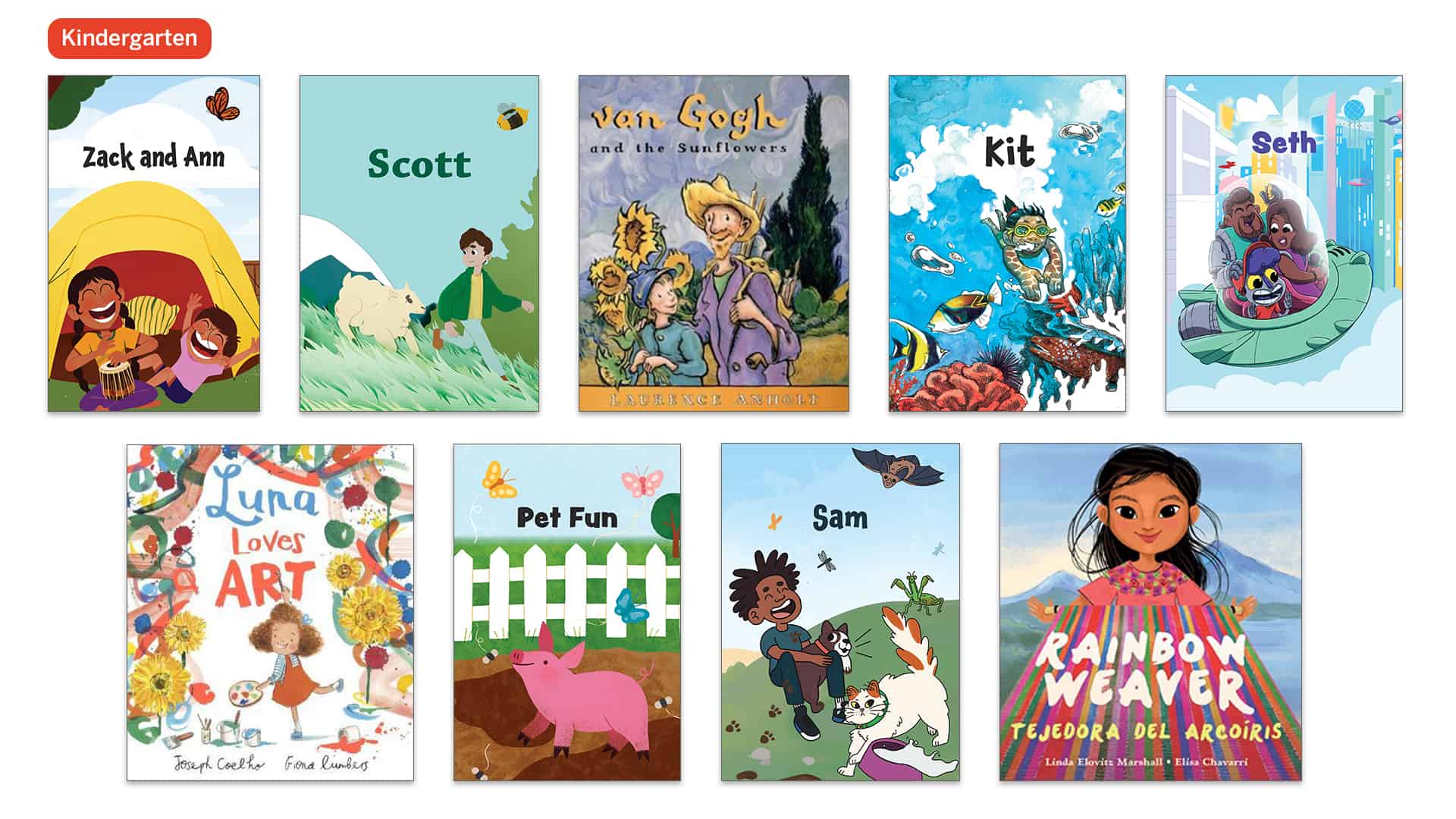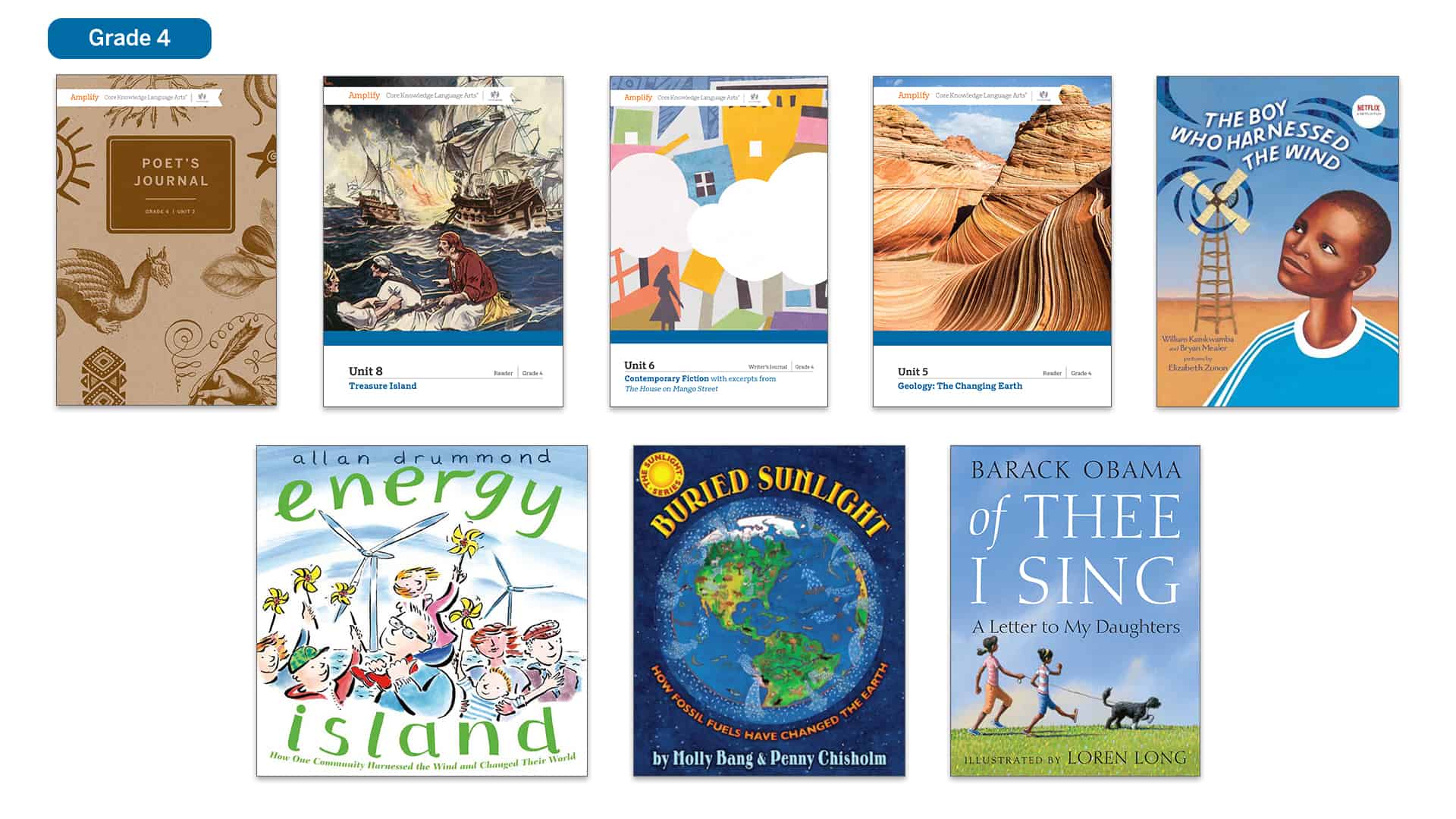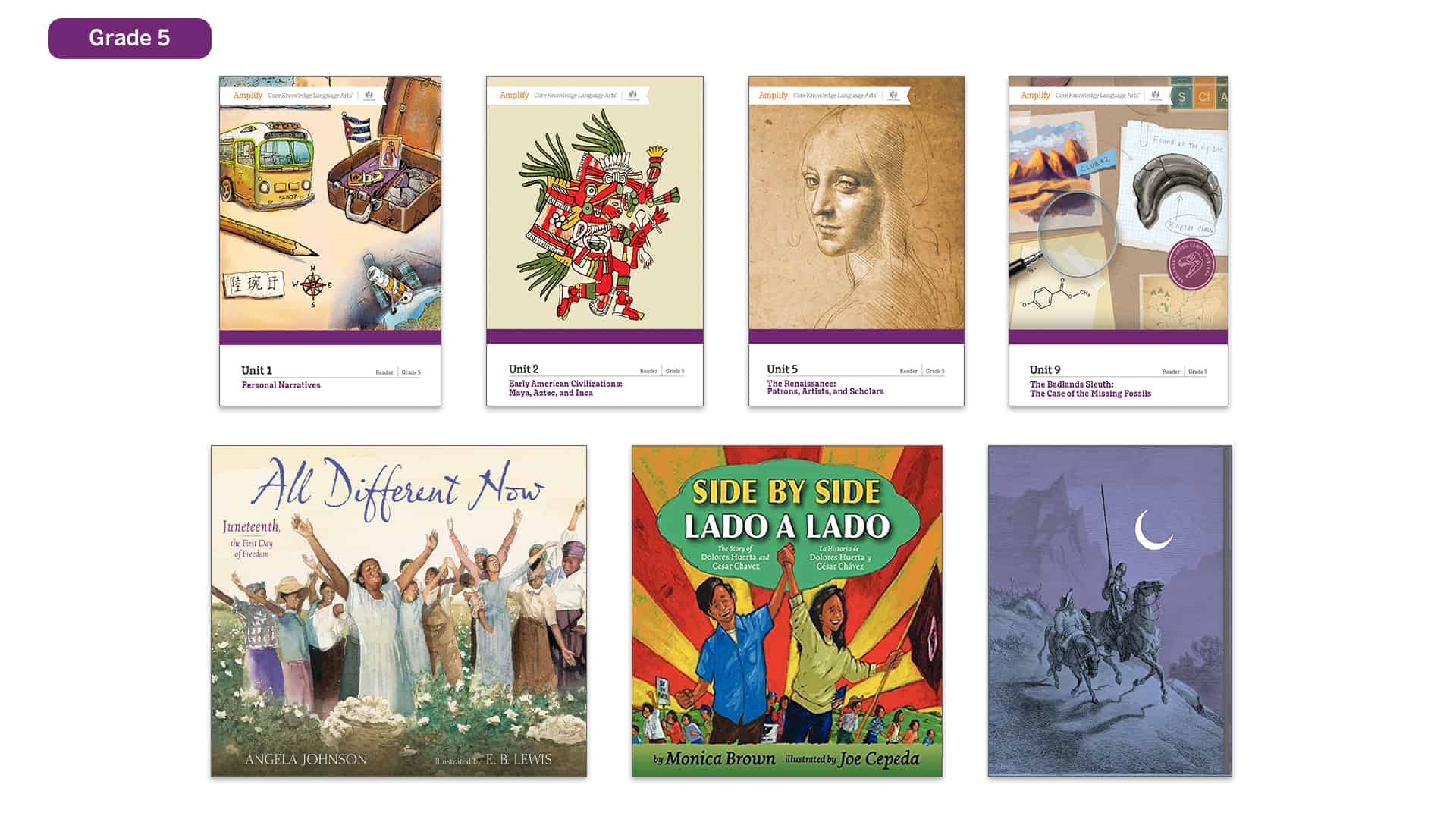Core Knowledge Language Arts serves as a cornerstone for effective language learning, providing students with a solid foundation of essential knowledge and skills. This comprehensive framework guides educators in developing students’ language proficiency, critical thinking, and appreciation for literature.
Core knowledge in language arts encompasses foundational concepts, vocabulary, grammar, and literary elements. It enables students to understand the structure and nuances of language, fostering their ability to communicate effectively and engage with complex texts.
Core Knowledge in Language Arts
Core knowledge in language arts refers to the foundational knowledge and skills that are essential for students to develop proficiency in reading, writing, speaking, and listening.
Examples of Core Knowledge in Language Arts
- Phonics: Understanding the relationship between letters and sounds.
- Vocabulary: Knowing the meaning of words and their usage.
- Grammar: The rules and structure of language, including parts of speech and sentence structure.
- Text Structure: The organization and arrangement of ideas within a text.
- Literary Devices: Techniques used in literature to create effects, such as similes and metaphors.
Importance of Core Knowledge in Language Arts
Core knowledge in language arts is crucial because it provides the foundation for students to:
- Comprehend and analyze texts effectively.
- Communicate their ideas clearly and coherently.
- Develop critical thinking and problem-solving skills.
- Appreciate and enjoy literature.
- Participate actively in society as informed and literate individuals.
Components of Core Knowledge in Language Arts: Core Knowledge Language Arts
Core knowledge in language arts encompasses the fundamental concepts, skills, and knowledge that provide a solid foundation for language arts learning. These components work in tandem to support students’ development of language proficiency and literacy.
Key Components
The key components of core knowledge in language arts include:
- Phonological Awareness:Understanding the sound structure of language, including phonemes, syllables, and rhyming.
- Phonics:Relating letters to sounds to decode and encode words.
- Vocabulary:Acquiring and understanding words and their meanings.
- Fluency:Reading with accuracy, speed, and expression.
- Comprehension:Understanding the meaning of written and spoken language.
- Writing:Expressing ideas and information in written form.
- Grammar:Understanding the rules and structure of language.
- Usage:Applying grammatical rules and conventions to writing and speaking.
Interconnectedness of Components
These components are interconnected and interdependent. Phonological awareness and phonics provide the foundation for decoding and encoding words, which supports fluency and comprehension. Vocabulary expands students’ understanding of language, enhancing their ability to read, write, and speak effectively. Grammar and usage ensure clear and accurate communication, while writing provides a means to express ideas and information.
Integration in Language Arts Instruction
Core knowledge in language arts is integrated throughout language arts instruction. For example, phonics instruction involves activities that develop students’ understanding of letter-sound relationships, while reading instruction incorporates strategies for improving fluency and comprehension. Writing assignments provide opportunities for students to apply grammar and usage rules and develop their writing skills.By
mastering these core knowledge components, students develop a solid foundation in language arts, enabling them to communicate effectively, engage in critical thinking, and appreciate the power of language.
Developing Core Knowledge in Language Arts

Developing core knowledge in language arts is crucial for students to succeed academically and in life. Core knowledge refers to the essential concepts, skills, and information that students need to master in order to understand and communicate effectively.
There are several strategies that can be used to develop core knowledge in language arts. These include:
Role of Teachers
Teachers play a vital role in developing core knowledge in language arts. They can do this by:
- Creating a print-rich environment in the classroom.
- Providing students with opportunities to read and write.
- Teaching students about the different genres of literature.
- Helping students to develop their vocabulary.
- Providing students with feedback on their work.
Role of Students
Students also play an important role in developing their own core knowledge in language arts. They can do this by:
- Reading widely and often.
- Writing regularly.
- Participating in class discussions.
- Asking questions.
- Seeking feedback from their teachers and peers.
Role of Parents
Parents can also help their children develop core knowledge in language arts. They can do this by:
- Reading to their children.
- Talking to their children about what they are reading.
- Encouraging their children to write.
- Providing their children with access to books and other reading materials.
- Attending school events and supporting their children’s teachers.
Effective Core Knowledge Development Activities
There are many effective activities that can be used to develop core knowledge in language arts. These include:
- Reading aloud to students.
- Having students read independently.
- Leading class discussions about literature.
- Teaching students about the different genres of literature.
- Helping students to develop their vocabulary.
- Having students write stories, poems, and essays.
- Providing students with feedback on their work.
Assessing Core Knowledge in Language Arts

Assessing core knowledge in language arts is crucial for monitoring students’ progress and identifying areas where they need additional support. Ongoing assessment provides valuable insights into students’ understanding and helps teachers tailor instruction to meet their individual needs.
Methods of Assessment
Various methods can be used to assess core knowledge in language arts:
-
-*Formal Assessments
Standardized tests, unit tests, and end-of-chapter quizzes provide comprehensive evaluations of students’ knowledge and skills.
-*Informal Assessments
Observations, class discussions, exit tickets, and quick writes offer opportunities for ongoing assessment and provide feedback on students’ understanding.
-*Self-Assessments
Students can reflect on their own learning through self-assessments, which help them identify areas where they need improvement.
-*Portfolios
Collections of student work over time showcase their progress and growth in core knowledge areas.
Importance of Ongoing Assessment
Ongoing assessment is essential for:
-
-*Tracking Student Progress
Regular assessments allow teachers to monitor students’ understanding and identify areas where they need additional support.
-*Informing Instruction
Assessment results guide teachers in planning lessons that address students’ specific needs and ensure that instruction is tailored to their individual learning styles.
-*Providing Feedback
Assessments provide feedback to students on their progress, helping them understand their strengths and areas for improvement.
Assessment Tools and Techniques
A variety of assessment tools and techniques can be used to assess core knowledge in language arts:
-
-*Multiple-Choice Questions
Test students’ knowledge of facts and concepts.
-*Short Answer Questions
Assess students’ ability to explain and apply their knowledge.
-*Essays
Evaluate students’ critical thinking, writing, and analysis skills.
-*Performance Tasks
Provide opportunities for students to demonstrate their knowledge and skills through hands-on activities or projects.
-*Rubrics
Provide clear criteria for assessing student work and ensure consistency in grading.
Using Core Knowledge in Language Arts
Core knowledge in language arts provides a foundation of essential knowledge and skills that students need to succeed in reading, writing, speaking, and listening. It includes knowledge of the English language, including its grammar, vocabulary, and spelling, as well as knowledge of literature, including its genres, authors, and themes.Core
knowledge can be used to inform language arts instruction in a variety of ways. For example, teachers can use core knowledge to:*
- *Plan lessons that are aligned with students’ needs. By understanding the core knowledge that students need to master, teachers can plan lessons that are targeted and effective.
- *Differentiate instruction for students with different learning styles. Core knowledge can help teachers identify students who need additional support or enrichment, and can provide them with the resources they need to succeed.
- *Assess student learning. Core knowledge can be used to develop assessments that measure students’ progress toward mastering the essential knowledge and skills of language arts.
Integrating Core Knowledge into Lesson Planning and Delivery, Core knowledge language arts
There are many ways to integrate core knowledge into lesson planning and delivery. Here are a few examples:*
- *In reading instruction, teachers can use core knowledge to help students understand the vocabulary, grammar, and structure of text. They can also use core knowledge to help students make connections between texts and to develop their critical thinking skills.
- *In writing instruction, teachers can use core knowledge to help students develop their writing skills. They can also use core knowledge to help students learn about different genres of writing and to develop their own writing styles.
- *In speaking and listening instruction, teachers can use core knowledge to help students develop their communication skills. They can also use core knowledge to help students learn about different cultures and perspectives.
Benefits of Using Core Knowledge in Language Arts
There are many benefits to using core knowledge in language arts instruction. Here are a few of the most important benefits:*
- *Improved student achievement. Studies have shown that students who have a strong foundation in core knowledge perform better in language arts than students who do not.
- *Increased student engagement. Core knowledge can help students to become more engaged in their learning by providing them with a foundation of knowledge that they can use to make connections between texts and to develop their own ideas.
- *Reduced achievement gaps. Core knowledge can help to reduce achievement gaps between students from different backgrounds by providing them with a common foundation of knowledge and skills.
Closing Notes

In summary, core knowledge language arts provides a roadmap for language development, empowering students to become confident and capable communicators. By integrating core knowledge into language arts instruction, educators can foster a deep understanding of language, cultivate critical thinking skills, and inspire a lifelong love of reading and writing.
Clarifying Questions
What is the significance of core knowledge in language arts?
Core knowledge provides a solid foundation for language development, enabling students to understand the structure, conventions, and nuances of language.
How can teachers integrate core knowledge into language arts instruction?
Teachers can incorporate core knowledge into lesson planning, reading materials, and writing activities, ensuring that students engage with essential concepts and vocabulary.
What role do students play in developing core knowledge in language arts?
Students actively participate in developing core knowledge through reading, writing, discussions, and hands-on activities that reinforce essential concepts.